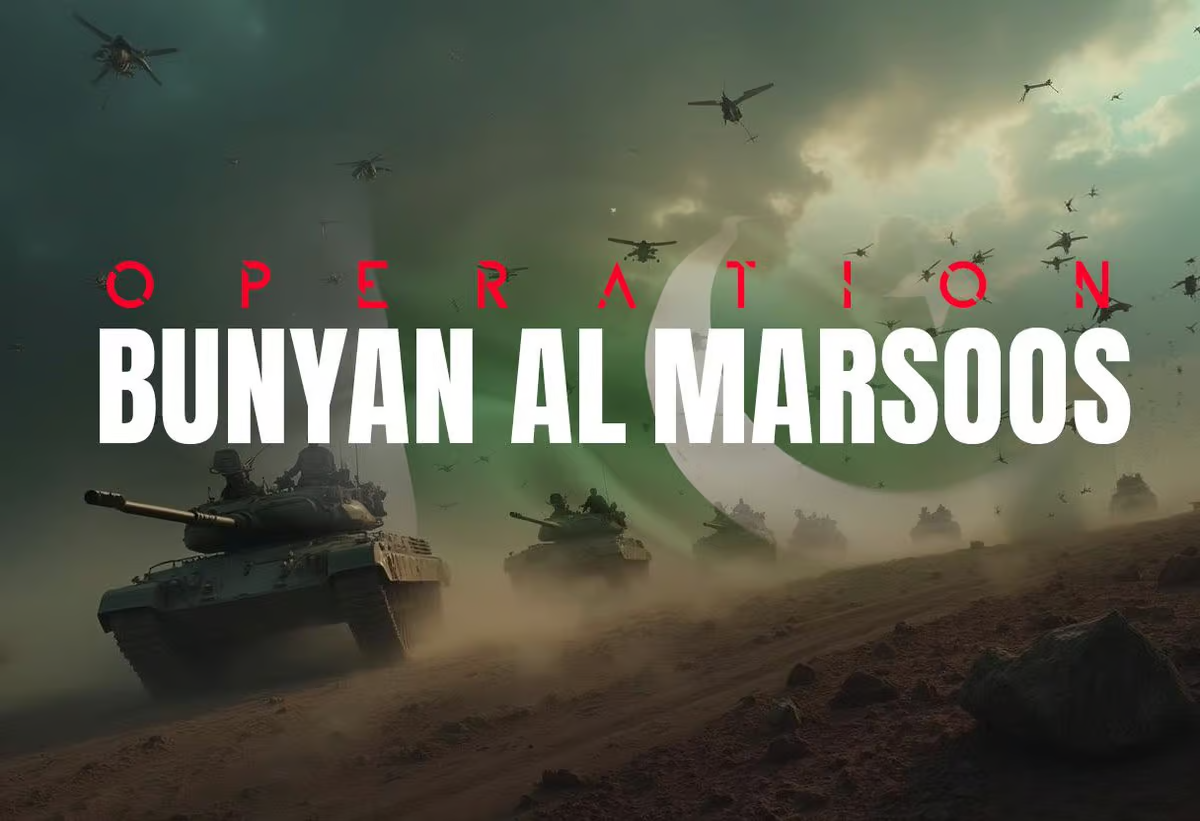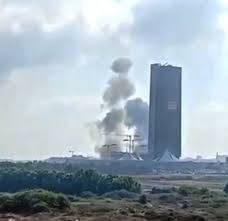This strength was most clearly demonstrated in a confrontation now remembered as our modern “Bunyan Um Marsoos”—a symbol of unity and unshakable resolve. India built its strategy around the illusion of our internal division, expecting that we would implode under pressure. Instead, what they encountered was a nation unified in spirit and purpose. Our people—regardless of background or belief—stood shoulder to shoulder, their hearts beating in unison with our defenders on the front lines. It was more than a military success; it was a national reaffirmation of unity and identity.
What explains this resilience? The answer lies in the depth of our democratic character. We are not fragile because we argue—we are strong because we do so within a constitutional framework. Our internal debates are a source of vitality, not vulnerability. And when faced with external threats, we stand as one. Pakistanis may differ in politics, but we unite in patriotism.
READ MORE:
Govt Imposes Harsh Penalties for Misuse of NTNs and CNICs
This collective strength finds its sharpest form in our armed forces. Far from being detached from the people, they are born from our neighborhoods, trained in adversity, and trusted without hesitation. Their commitment to national defense is unmatched, and their success in dismantling threats—whether external or from within—has reinforced national confidence in them. The bond between the public and the military is not one of convenience; it is forged in mutual sacrifice and shared purpose.
However, we must remain vigilant. The rivalry with India casts a long shadow, and peace remains tenuous. The challenges ahead are real and will demand even greater unity, clarity, and determination. This is not a time for complacency—it is a time to prepare.
Let the message be clear: Pakistan has faced down adversity before, and it stands ready to do so again. This confidence is not based on arrogance but on history—on the trials we have endured and the strength we have shown. Those who hope for our weakness will find, instead, a nation that refuses to be broken.



